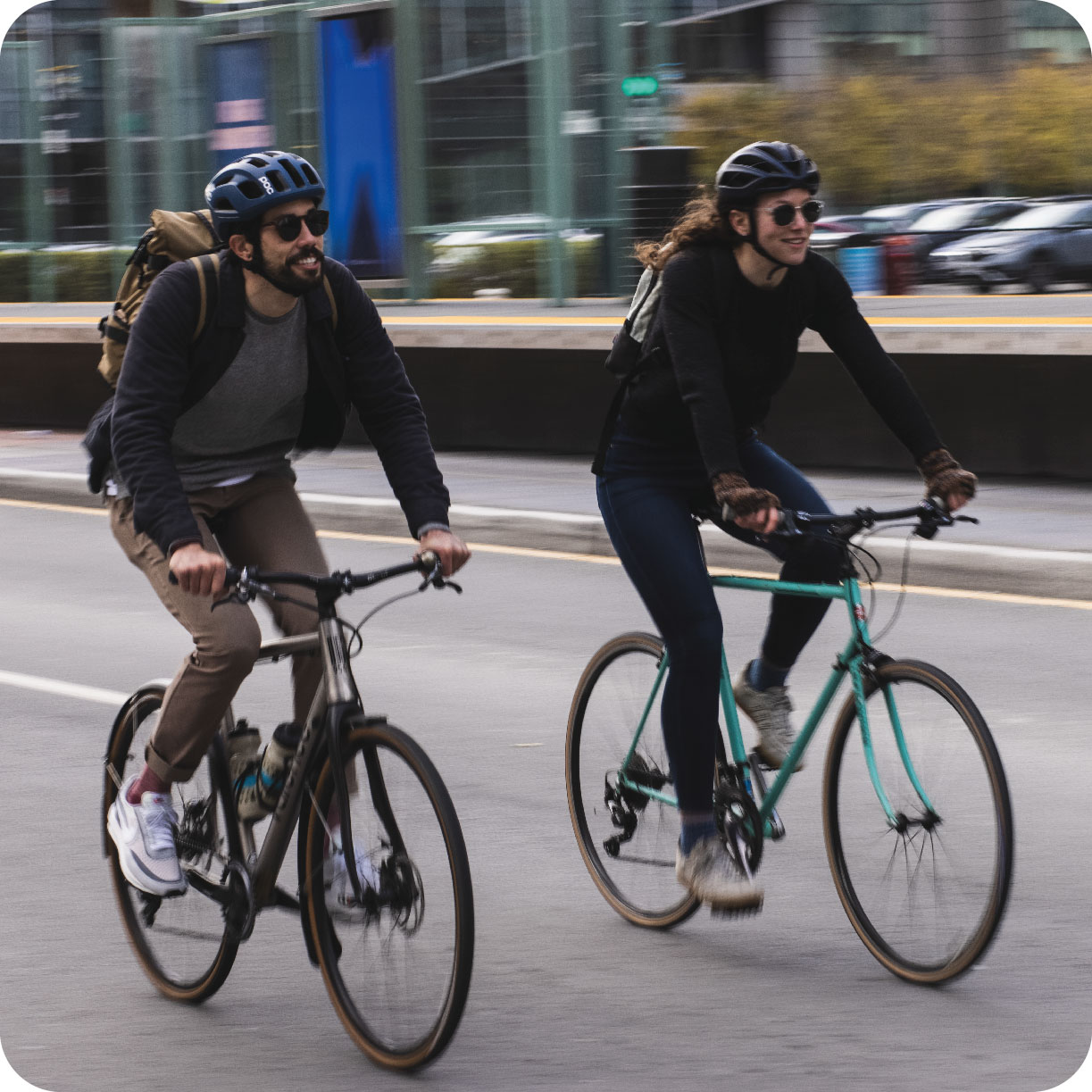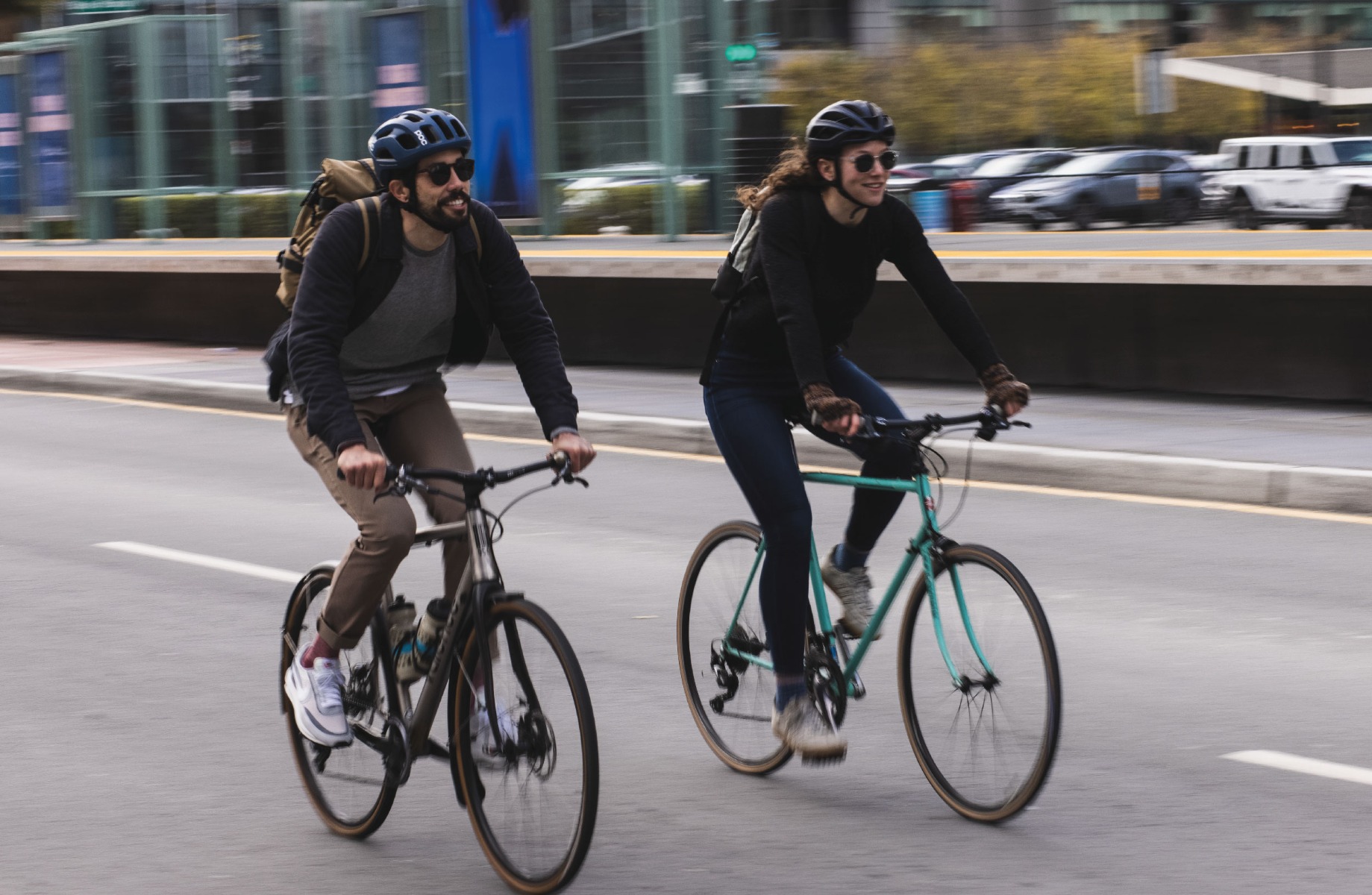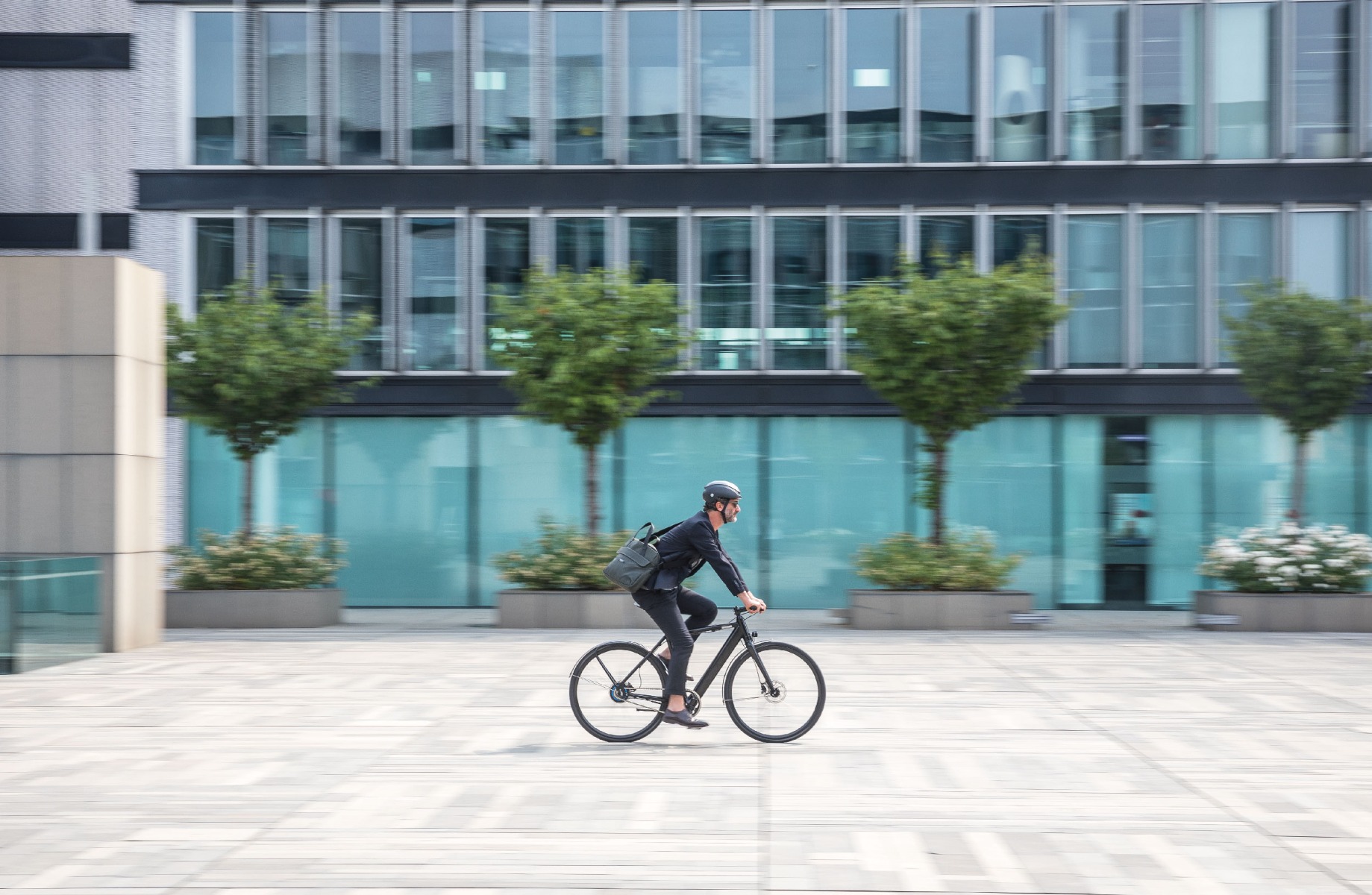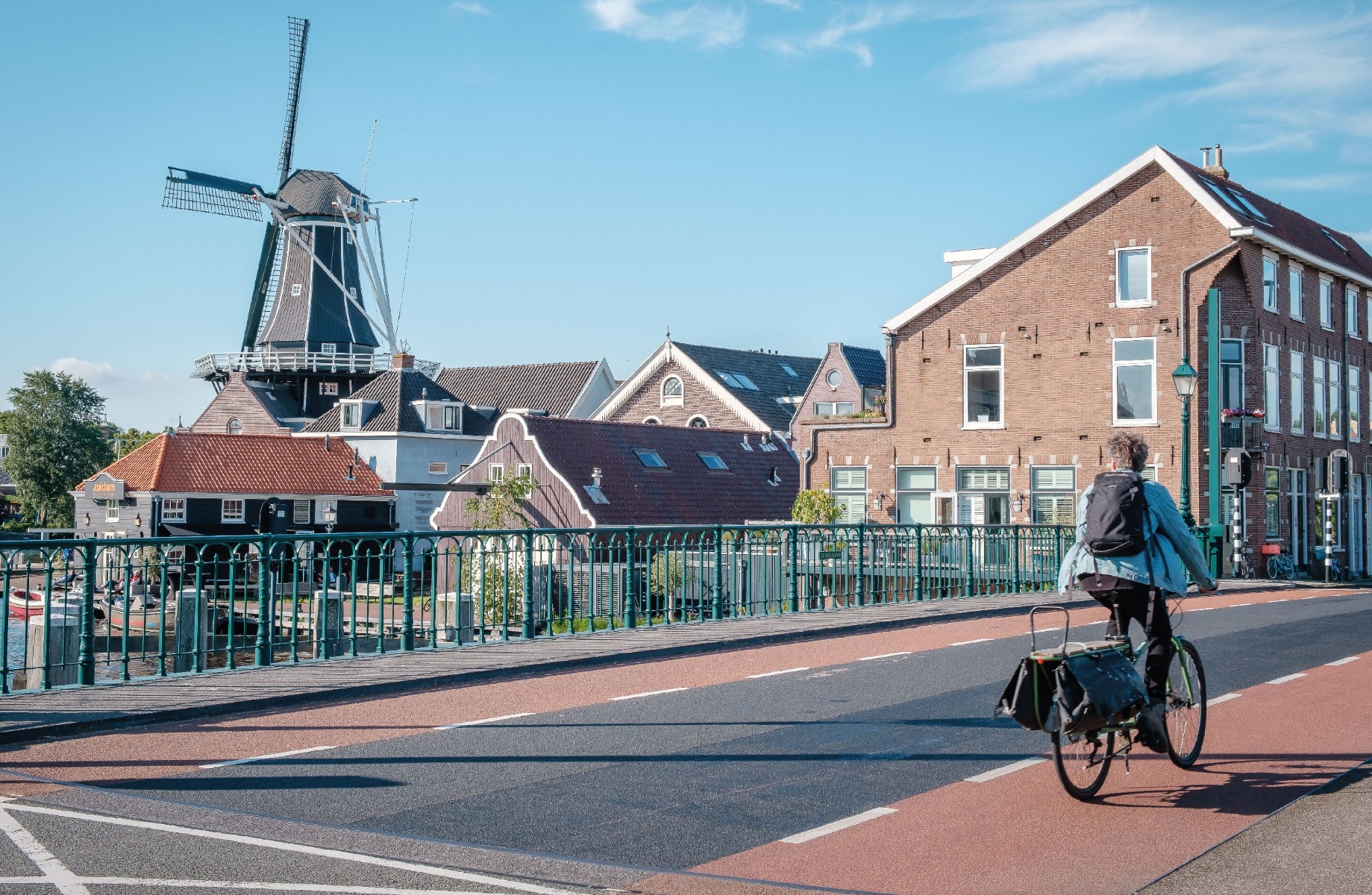Why move (more) by bike

Alternative mobility, more liveable cities and new lifestyles are issues that are becoming increasingly vocal, especially in light of the sudden climate changes we are facing. The profound need to live in harmony with nature and respect the environment therefore leads us to re-evaluate everyday life, preferring less impactful travel.
Fortunately, some steps in the right direction have already begun. In cities, cycle paths are expanding; since the beginning of March in Europe, more than a billion euros have been spent on bicycle-related infrastructure, and 2,300 km of new cycle paths have been built. In many countries, governments offer incentives towards the purchase or maintenance of both electric and non-electric bicycles and reward those who commute to work by bike.


Two-wheeled transportation is booming, and we are witnessing what many are calling a "bicycle revolution" on our city streets as well as in our daily routines. Bike use has undergone an exponential increase, with a 49% growth in the use of e-bikes and an estimated 53% bump in cargo bike sales in Europe compared to 2019.
Everywhere you look, individuals are rediscovering the benefits of leading a cycling lifestyle, choosing to bike as their main means of transportation in the city and opting to ride instead of drive to their destinations. Of course, this has a doubly positive effect: it significantly influences individual well-being and brings numerous benefits to the city and surrounding environment.
There are many great advantages to the bike life, but are you sure you know them all? The following benefits form an excellent “motivational toolkit” to keep in mind every time you get ready to get on the saddle!
1) Cycling is great for both physical and mental health.
Countless scientific studies have shown that riding every day can help prevent heart attacks, hypertension, obesity, muscle weakness and sleep disorders while also improving overall mental well-being. Thanks to the energy consumed during a ride, the brain produces chemicals, such as endorphins, which boost general mood.
2) Cycling increases productivity and attention.
Individuals who choose to cycle for at least half an hour per day not only halve the risk of getting sick compared to those who lead sedentary lifestyles, but they also build more active and engaged minds. In fact, workers who commute by bike are more attentive and productive than those who go to work by car or public transport. This is because physical activity increases brain oxygenation and blood circulation, triggering the neural circuits linked to attention, focus and creativity.
3) Cycling is a faster and more practical way to get around the city.
Cycling allows you to outsmart the bustle of big cities and arrive at the workplace on time and in a good mood. Modern bikes are increasingly comfortable, convenient and quick, giving riders an enjoyable way to avoid traffic jams and even saving time on short- and medium-distance trips.


4) Cyclists experience less stress than drivers.
According to research conducted by Hewlett-Packard, the heart rate of a driver stuck in traffic can reach 145 beats per minute during rush hour—more than double the average resting heart rate of a healthy adult. The stress level of motorists is reportedly higher than that perceived by fighter pilots or the police. Furthermore, motorists tend to suffer from a feeling of helplessness due to long queues that force them to remain motionless inside their cars and with no way out, sometimes for hours at a time. Fortunately, with cycling, it won’t be stress quickening your pulse as you speedily leave traffic well and truly behind you.
5) Cycling saves money.
Choosing to bike instead of drive generates considerable savings. The cost of petrol, parking (generally there are free spaces reserved for bicycles), fines, road taxes and insurance are all eliminated. Even maintenance is far less expensive than other means of transportation!


6) Cycling reduces environmental impact.
Getting around by bike means helping to reduce air pollution and protect the health of the environment. After all, pedalling does not create excess carbon dioxide emissions and causes only minimal noise and light pollution. And don’t believe the myth: it is not true that cyclists are more exposed to smog. In reality, the average cyclist breathes less than half the carbon monoxide of a driver stuck inside a car.
7) Cycling improves overall quality of life in our cities.
Choosing to bike rather than drive reduces the number of vehicles circulating in the city and therefore avoids traffic jams and congestion. This contributes to improving the overall quality of life for city residents, creating less noise and smog, greater safety for children and healthier shared spaces, as well as lowering the rate of deterioration of historical sites that excess air pollution can cause.
As you can see, there are plenty of reasons to travel by bike every day! For beginners, we suggest starting gradually, cycling between work and home a couple of times a week to gain experience and become familiar with both your bike and the roads on which you ride. Before long, you’re guaranteed to fall in love and will no longer be able to give up your half hour of freedom and fresh air each day!